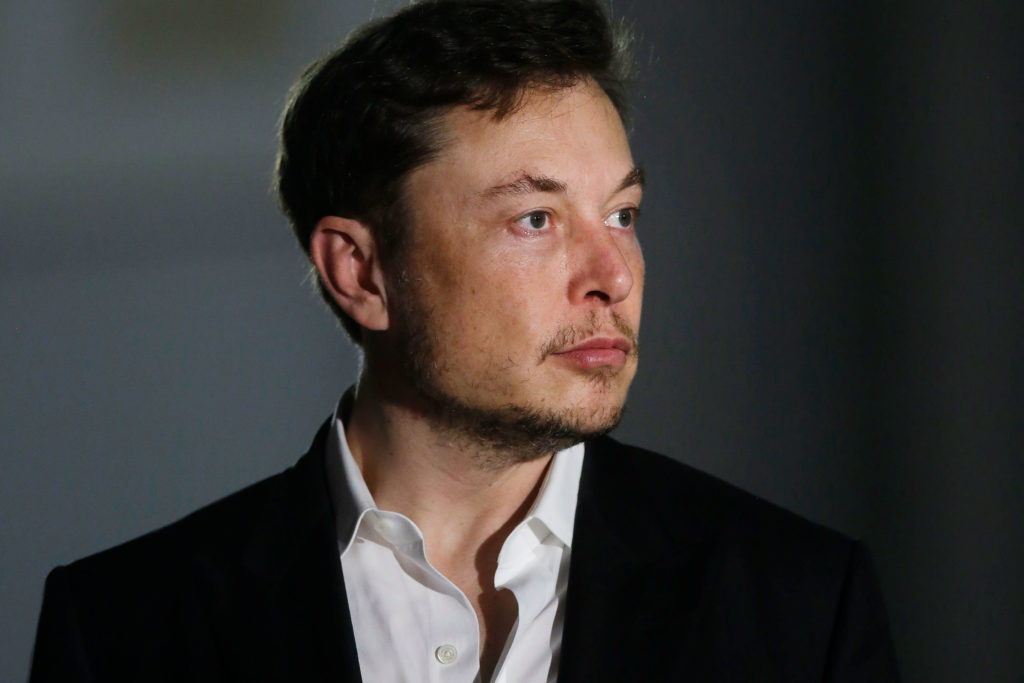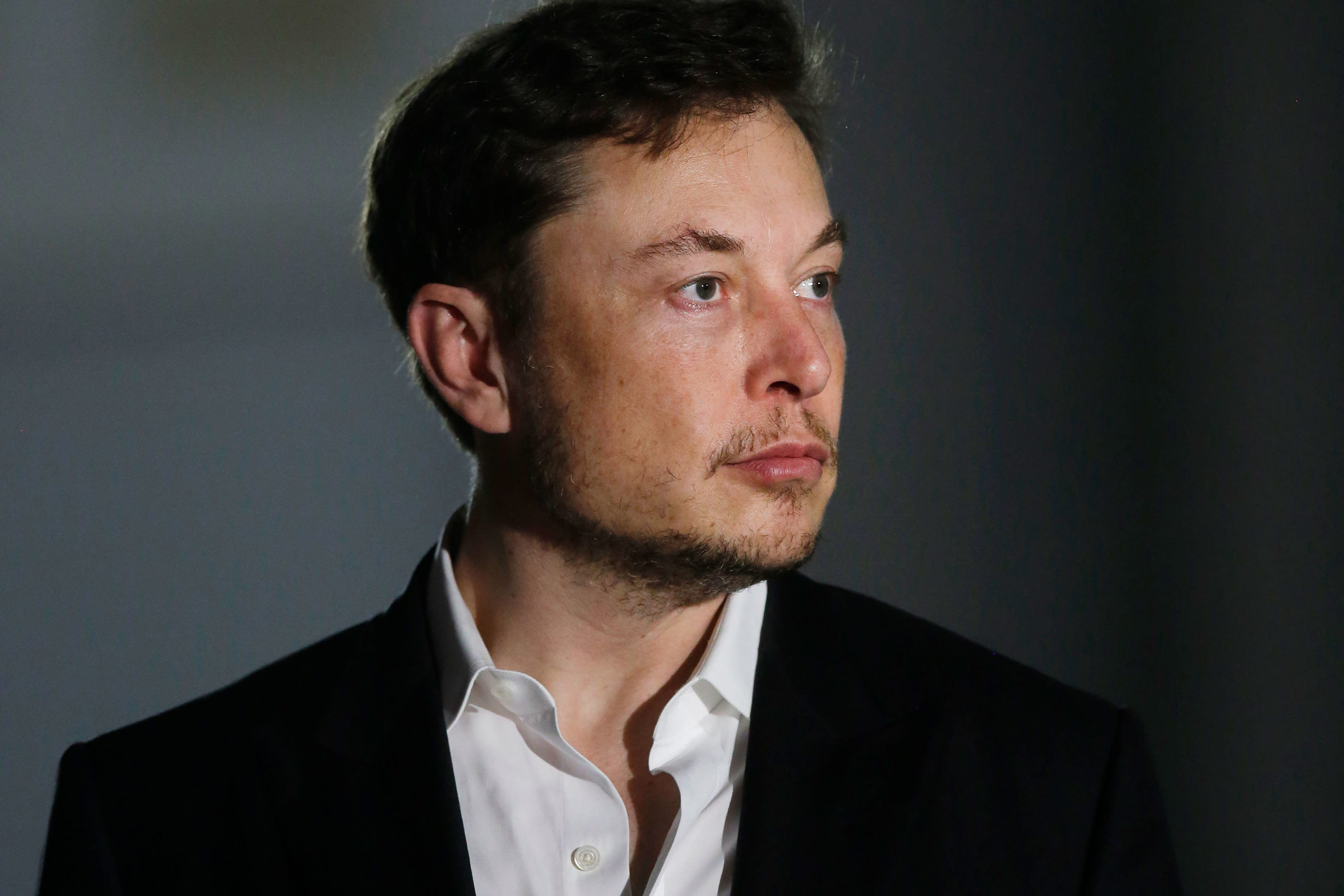
On any given day, I can drive around the small town where I live and easily see two-dozen or more individuals on cell phones. Some are on a call, some texting, tweeting, Facebooking, or just plain surfing. All of us appear to be spliced to our phones.
I’ll come back to this later.
Elon Musk is the man who gave us SpaceX, great, and Tesla; Greater Still! Now, he’s decided, in all his wisdom, that he can turn his high-powered genius to Twitter with nearly 400 million users. Since spending 44 billion to purchase earth’s most trafficked social media platform, Musk tweeted: “Let the good times roll.”
Since taking over, however, the good times haven’t been so good for so many.
On his first day, Musk laid-off half of the 7,500 workers. The remaining workers received this inspiring email from the new boss:
“We will need to be extremely hardcore. This will mean working long hours at high intensity. Only exceptional performance will constitute a passing grade. . . . At its heart, Twitter is a software and servers company, so l think this makes sense. . . .
“If you are sure that you want to be part of the new Twitter, please click yes on the link below. Anyone who has not done so by 5 pm ET tomorrow (Thursday) will receive three months of severance.
With such a heartwarming message, wouldn’t you feel like a special part of the team?
To quell dissent, “Mr. Musk’s team ordered nearly two dozen Twitter employees who had pushed back publicly and privately against him to be fired, three people with knowledge of the matter said,” The New York Times reported.
The next decision Musk made was to reinstate most if not all banned customers. Musk polled Twitter users about reinstating Donald Trump’s account.
Their reaction, as interpreted by Musk:
“The people have spoken. Trump will be reinstated. Vox Populi, Vox Dei.” (The voice of the people is the voice of God.)
The reaction from Twitter’s advertisers? Goodbye.
“Half of Twitter’s top 100 advertisers appear to no longer be advertising on the website. A report from Media Matters for America states that these 50 advertisers have spent almost $2 billion on Twitter ads since 2020 and more than $750 million just in 2022.”
And, according to MIT Technology Review, somewhere north of 1 million users may have said goodbye to their Twitter accounts, as well.
The “good times” may be rolling over Musk.
However, from my perspective, the biggest issue remains content. Since Musk acquired the social media giant, hate speech has risen to “unprecedented” levels.
“Before Elon Musk bought Twitter,” The Times reported, “slurs against Black Americans showed up on the social media service an average of 1,282 times a day. After the billionaire became Twitter’s owner, they jumped to 3,876 times a day.
“Slurs against gay men appeared on Twitter 2,506 times a day on average before Mr. Musk took over. Afterward, their use rose to 3,964 times a day.
“And antisemitic posts referring to Jews or Judaism soared more than 61 percent in the two weeks after Mr. Musk acquired the site.”
Does anyone care about respect, decency, tolerance?
As for truth: “Accounts associated with QAnon, a vast far-right conspiracy theory, have paid for and received verified status on Twitter, giving them a sheen of legitimacy,” The Times reports.
Does anyone care about truth?
“These changes are alarming, researchers said, adding that they had never seen such a sharp increase in hate speech, problematic content and formerly banned accounts in such a short period on a mainstream social media platform.
“‘Elon Musk sent up the Bat Signal to every kind of racist, misogynist, and homophobe that Twitter was open for business,’ said Imran Ahmed, the chief executive of the Center for Countering Digital Hate.”
With the level of misinformation, disinformation, and hate feeding the country’s divisions, do we really need to be spliced to social media? Are we so attached (in some cases, addicted) to a digital universe that we find it uncompromisingly vital to live-stream our every reaction?
What happens next with Musk’s social media enterprise is anyone’s guess.
What happens to vetting the truth on the site is an even bigger guess.
One thing we can do, however, is take greater responsibility for our own habits and communicate less on social media and more with the real world. And if we choose to communicate through social media, can we do so with a level of respect for others and the truth?
Comments










